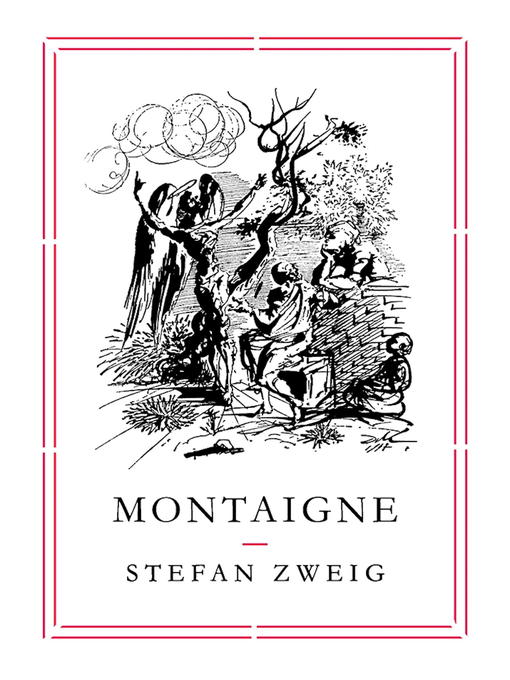
Montaigne
Pushkin Collection
کتاب های مرتبط
- اطلاعات
- نقد و بررسی
- دیدگاه کاربران
نقد و بررسی

November 9, 2015
In the autumn of 1941, Zweig, a bestselling Austrian-Jewish novelist and biographer who had fled to Brazil to escape the Nazis, discovered a copy of Michel de Montaigne's Essays in a basement of his new house. Over the next few monthsâhe committed suicide in February 1942âZweig immersed himself in Essays and produced this little reflection on the 16th-century man of letters. Thanks to Stone's assiduous translation, Zweig's fascinating meditation on the writer in whom he saw himself mirrored appears now for the first time in English. Zweig weaves biographical elements into his studyâMontaigne's study of Latin at age four, his retirement from his public duties as a French nobleman at age 38âbut the book is more properly an introduction to an endlessly inquisitive thinker who never stopped searching for the truth. Zweig depicts Montaigne as trying throughout his life to "safeguard the deepest region of spirit... from the danger of being sacrificed to the deranged prejudices of others." This captivating study portrays a writer whose life and work can be summed up by his constant posing of the question, "How should I live?"

December 1, 2015
This first English translation of Zweig's respectful essay on Michel de Montaigne (1533-92) adds little to our understanding of its subject, telling us as much about Zweig as it does about the Frenchman. It's worth reading anyway. First, because however trivial his insights into his subject's psychology, Zweig's "psychological" biographies were extraordinarily popular in the 1920s and 1930s. Second, Zweig has intuited something truly important about Montaigne's writing in this short essay. In a time of crisis, such as the 16th-century France of religious wars that Montaigne experienced, but also the Europe of Hitler and genocide that Zweig knew firsthand, Montaigne was a reliable guide to sanity, tolerance, and humility, all the values humankind hoped to salvage. Zweig committed suicide in 1942 before he could clean up this essay: there are irregularities that the author would presumably have removed in later drafts. Still, Stone has done an admirable job in translating and introducing this work on one of history's most admirable thinkers and writers. VERDICT It's not clear who the audience is for this elegant, elegiac essay, but readers of both the author and the subject should take a look. [For more on Stefan Zweig's life, see Volker Weidermann's Ostend, reviewed on p. 102.--Ed.]--David Keymer, Modesto, CA
Copyright 2015 Library Journal, LLC Used with permission.

























دیدگاه کاربران